I made an empty table, and using ipairs to access it will call other functions, but I don't know how to end the loop, when the loop proceeds to the last element, it still continues
local arr = {}
arr = setmetatable(arr, {
__len = function(tbl)
return 5
end,
__index = function(tbl, index)
return 1
end,
__ipairs = function(tbl)
local function iter(array, index)
index = index + 1
local value = nil
if index <= #array then
value = 1
end
if nil ~= value then return index, value end
end
return iter, tbl, 0
end
})
for _, v in ipairs(arr) do
print(_, v)
end
